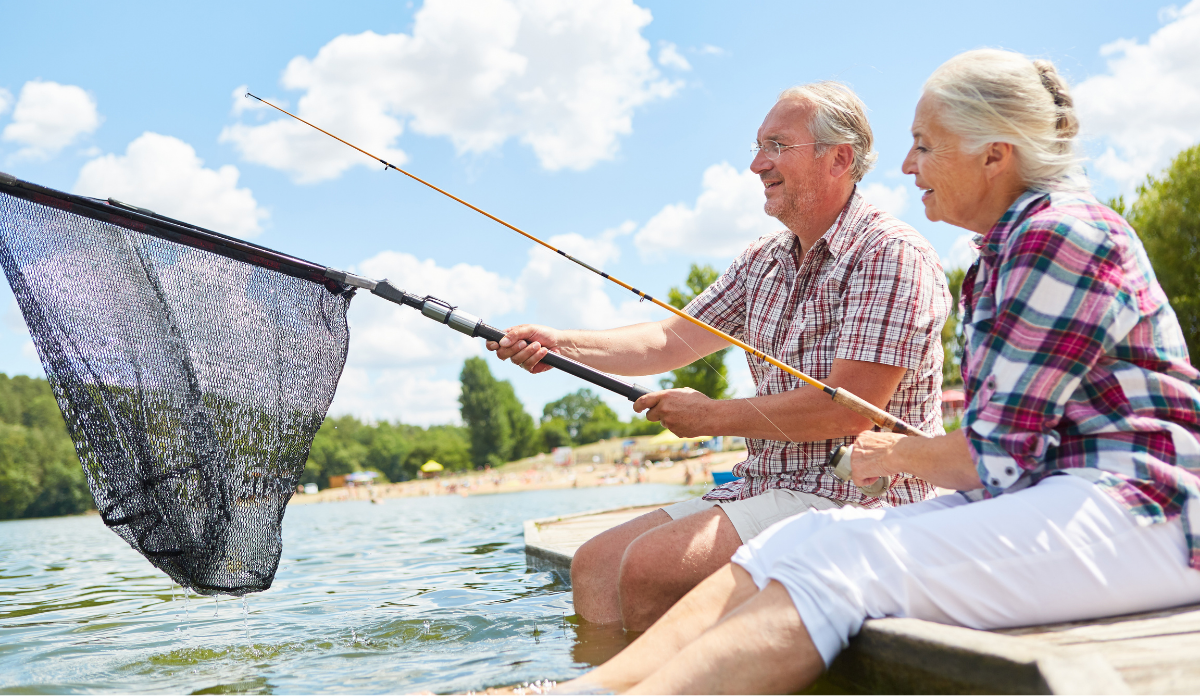Summertime Safety for Seniors
 It is nice to anticipate spending time enjoying the warmer weather. But extreme heat can cause significant health risks, especially in the elderly. By following the simple tips below, seniors and their families can enjoy the sunny season safely and with less peril.
It is nice to anticipate spending time enjoying the warmer weather. But extreme heat can cause significant health risks, especially in the elderly. By following the simple tips below, seniors and their families can enjoy the sunny season safely and with less peril.
Why should you be concerned? Because people aged 65 and older are at a higher risk for heat stress. Their bodies do not adjust to changes in temperature as well as those of younger people for several reasons ranging from a chronic medical condition to prescription medications that interfere with the body’s ability to regulate its temperature or perspire.
It’s essential to take extra precautions to protect your aging loved ones from the sun’s powerful rays. If not treated promptly and properly, some of these complications can cause irreversible damage and even death. The following tips will help seniors stay cool while they enjoy the warm weather with family and friends!
- Stay hydrated: Drink plenty of cool fluids, especially avoid caffeine and alcohol. Products such as Gatorade and Pedialyte have the added benefit of electrolytes to aid in proper hydration. The daily recommended amount of water is about eight 8-ounce glasses of water a day. Be sure to check with a doctor or pharmacist about any prescriptions or vitamins that may interfere with their fluid intake.
- Take it easy: Let them enjoy some well-deserved rest and relaxation, and don’t overexert them.
- Enjoy air-conditioning: If they do not have AC, visit a shopping mall or public library to escape from the heat for a little while. Seniors can also take a cool bath or shower to help them cool down.
- Dress smart: Seniors should wear lightweight, light-colored clothing that breathes. Hats, long sleeves, and pants can help add an extra layer of protection between the elderly and the sun.
- Avoid the sun during peak hours: The sun is strongest between 11 a.m. and 3 p.m. While the thought of a picnic lunch might sound good, if it’s really hot, a better option is to eat indoors in the AC and, if they insist on eating outside, seek shade beneath a tree or in a shelter.
- Wear sunscreen: Have seniors wear sunscreen with a sun protection factor (SPF) of at least 20 or higher that protects against UVA and UVB rays. Apply at least 20 minutes before going outside, so it has a chance to be absorbed by their skin and reapply regularly throughout the day, especially if they are perspiring or swimming. They can also wear UV protective clothing specifically designed to provide additional protection against the sun’s harmful rays.
Keeping these tips in mind can make every summer day more enjoyable. When it’s hot, make it a habit to stay in touch with elderly neighbors and loved ones. If they are unable to drive, offer to take them shopping or share a ride to lunch somewhere cool.
Heat can be sneaky, so knowing the signs of heatstroke or heat exhaustion is important. Seek medical assistance immediately if you notice any of the symptoms below.
Warning signs of heatstroke include:
- Elevated body temperature with the absence of sweat
- Rapid pulse
- Red, flushed complexion
- Headache, dizziness, or nausea
Warning signs of heat exhaustion include:
- Weakness
- Heavy perspiration
- Cold, pale, clammy skin
- Muscle cramps
- Fainting
If you’re ever concerned about how an aging loved one or client is feeling or if they are experiencing any of the symptoms listed above, seek medical attention immediately. Summer is meant to be enjoyed, but understanding potential danger is imperative.
